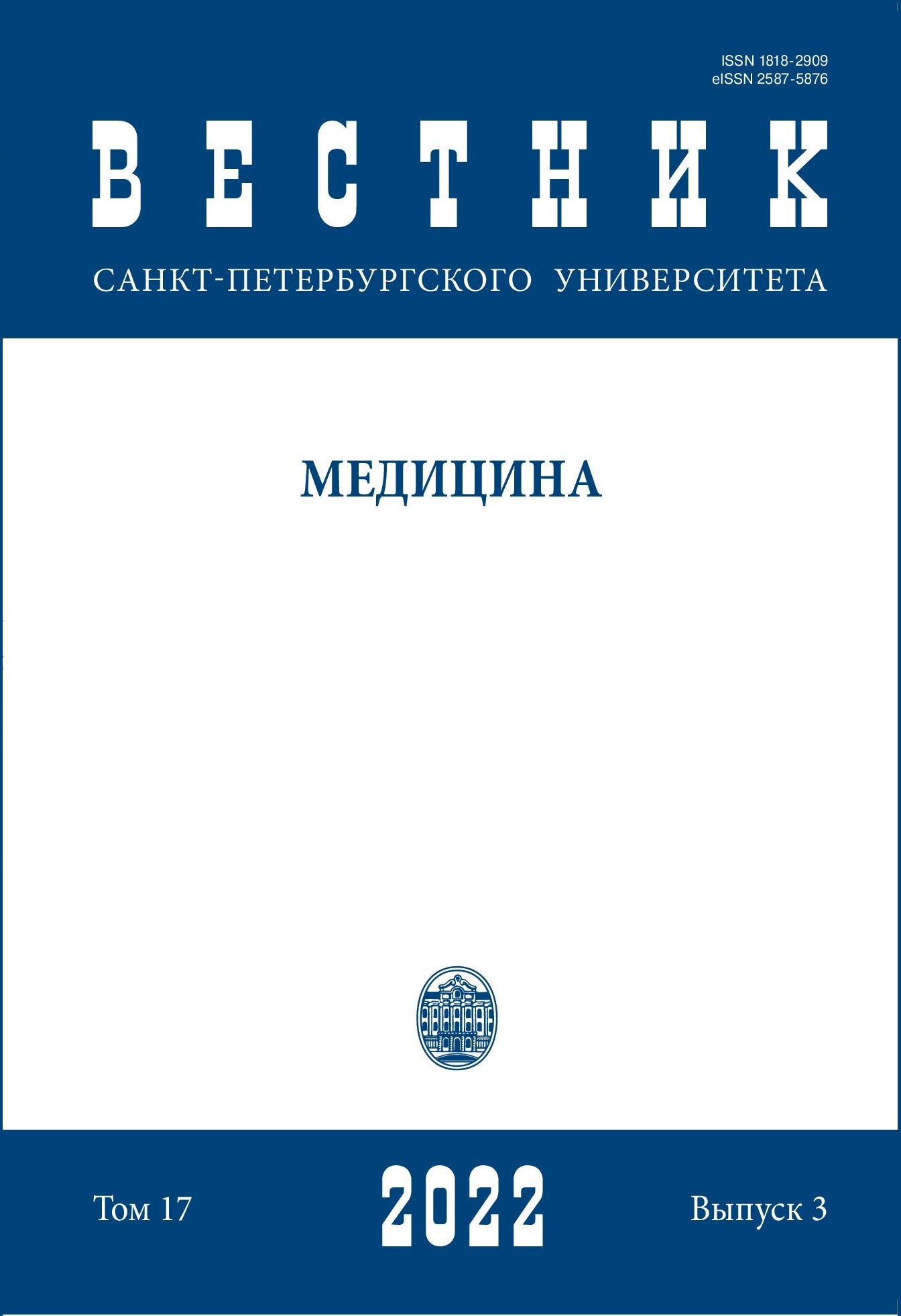Logical fallacies in medical practice
DOI:
https://doi.org/10.21638/spbu11.2022.301Abstract
Clinical reasoning as a method of problem-solving in routine medical practice is the basis of all decisions made by physicians to understand the disease and choose appropriate therapeutic tactics. The interaction between physicians and the exchange of opinions can often lead to disagreements about diagnostic and treatment priorities. The quality of the arguments presented is critical, which makes it necessary to be aware of the most common logical errors, i. e. faulty reasoning. Logical fallacies can have a negative effect, leading to incorrect medical decisions. Understanding the features according to which arguments may be considered valid or, conversely, untenable is therefore an important skill for clinicians of all specialties and an integral part of the ability to process incoming information effectively
and correctly. This article provides a description of some of the most common types of logical fallacies, along with examples to help clarify their content. While the number of possible logical fallacies in reasoning and debate is vast, most invalid arguments tend to fall into one of the most common stereotypical patterns. By learning about the most common logical fallacies, clinicians will be better prepared to recognize fallacious arguments when faced with them in their clinical practice.
Keywords:
clinical thinking, rhetoric, logical error, argument, manipulation
Downloads
References
References
Downloads
Published
How to Cite
Issue
Section
License
Articles of "Vestnik of Saint Petersburg University. Medicine" are open access distributed under the terms of the License Agreement with Saint Petersburg State University, which permits to the authors unrestricted distribution and self-archiving free of charge.




